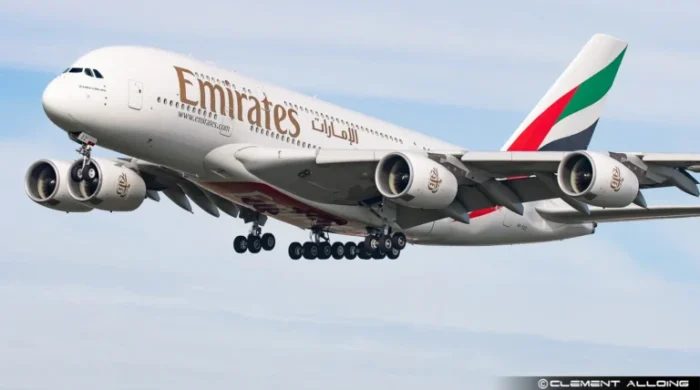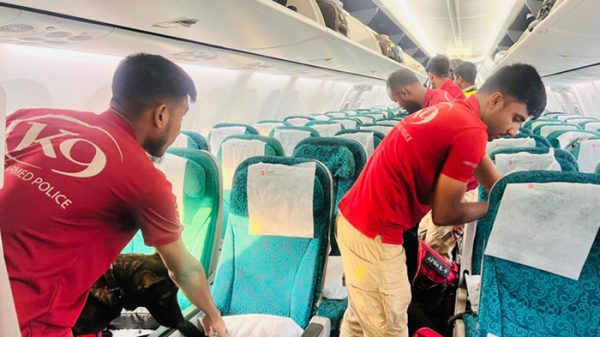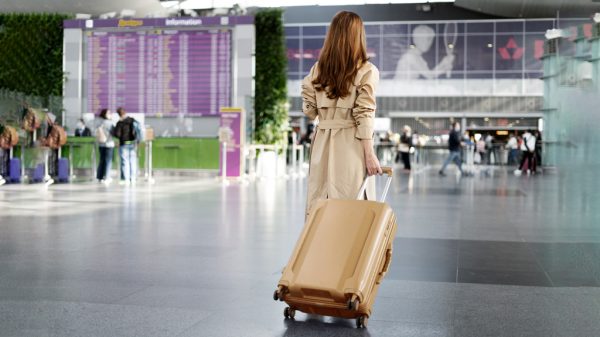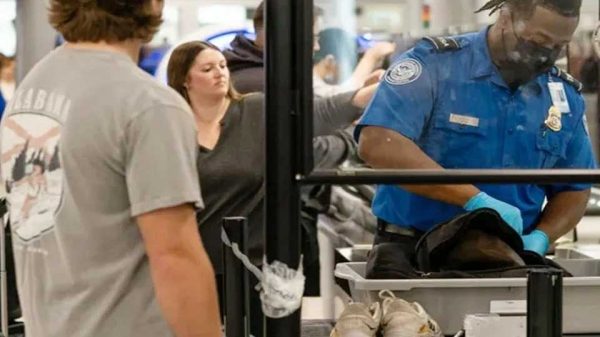Underground train planned for Dubai’s future $35 billion Al Maktoum International Airport
- আপডেট সময় বৃহস্পতিবার, ১ মে, ২০২৫
Dubai: Plans for Dubai’s ambitious future aviation hub at Al Maktoum International Airport, or Dubai World Central (DWC), are fast progressing. Plans are underway to build a significant internal transportation system, including a comprehensive underground train network in the proposed $35 billion passenger terminal, set to open by 2033.
Given the sprawling size of the site, an underground train system is under consideration to minimise travel distances and crucial transfer times for passengers connecting between flights, Dubai Airports CEO Paul Griffiths said on the sidelines of the Arabian Travel Market.
He said internal transit times within the new terminal complex could reach 15-20 minutes, comparable to journeys between major train stations in large cities like the trip from King’s Cross to Paddington in London.
According to Griffiths, internal trains are expected to include seating to ensure passenger comfort over these distances.
The existing Automated People Mover (APM) at Dubai International Airport ferries passengers in Terminal 1 and Terminal 3. It is a short ride, and the APMs have limited seating facilities for older people, women, and children.
The sheer size of the new terminal means internal transport will be critical. Griffiths said, “We are going to have to make it pretty quick… because if you look at it as such a large site, that the same sort of distance by rail will be similar to going from, say, King’s Cross to Paddington in London, which is sort of 20-minute journey time.”
The focus is clear: “Clearly, we’ve got to make it fast. We’ve got to make it efficient, and we’ve got to make it competitive in terms of the circulation of transfer passengers to get to and from the area,” the aviation veteran explained.
Also In This Package
ATM 2025: Etihad expands fleet with new aircraft

UAE gets another homegrown hotel brand

DXB’s strong Q1 2025: Traffic hits 23.4 million

New DWC airport sees progress with contracts awarded
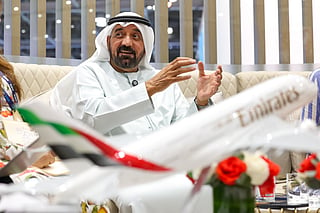
Contracts awarded
Griffiths’ comments follow a day after Sheikh Ahmed bin Saeed Al Maktoum, Chairman of Dubai Airports, said work has started since the Dubai government gave the go-ahead to build the $35 billion passenger terminal almost a year ago, and significant contracts have been awarded to contractors.
While Sheikh Ahmed did not clarify what the contracts were, Griffiths confirmed that Dubai Aviation Engineering Projects (DAEP), the organisation in charge of managing the entire project construction process, has been managing the awarding of contracts for the construction of the new terminal.
Griffiths said that while DAEP handles construction, Dubai Airports’ focus is ensuring the design meets operational criteria.
According to Griffiths, a major contract has been awarded to WSP, a global consultancy based in Canada, to undertake a “concept of operations” to critique the design and provide feedback on performance targets. Griffiths described the design phase as an “iterative process” still under review to ensure it is “fit for purpose.”
Design process
The idea of having eight mini-airports within one large airport remains fundamental to the design. “The idea is that we do not want to create a mega airport with formidable walking distances. What we want to try and do is create something unique. We’ll be using some very significant data techniques powered by AI to ensure we can operate eight small airports within one large airport effectively to create an intimate experience,” he explained.
He also said that while things are constantly being refined, they will eventually need to ‘freeze’ the design to move forward with construction, which was part of the idea behind awarding initial contracts.

How will the 8 nodes work?
Griffiths explained that this will be achieved partly through the integration of AI, which will analyse vast amounts of data. The AI will optimise operations, particularly managing passenger transfers between the nodes, by strategically positioning aircraft to minimise walking distances and the need to travel extensively within the airport.
“So, if you’re arriving on one node and you’re transferring to another flight, what we want to try and do is put all the aircraft that are going to be exchanging customers across those transfer flows onto a single concourse,” Griffiths said.
“So the idea is to minimise walking distances, maximise the efficiency of the way aircraft are deployed, and to put an AI model in to analyse the enormous amount of data that will be constantly changing to make sure we create the best possible result,” he added.
The aim is to create a dynamic, agile, and highly customer-friendly environment that avoids the common frustrations of navigating large airports.



